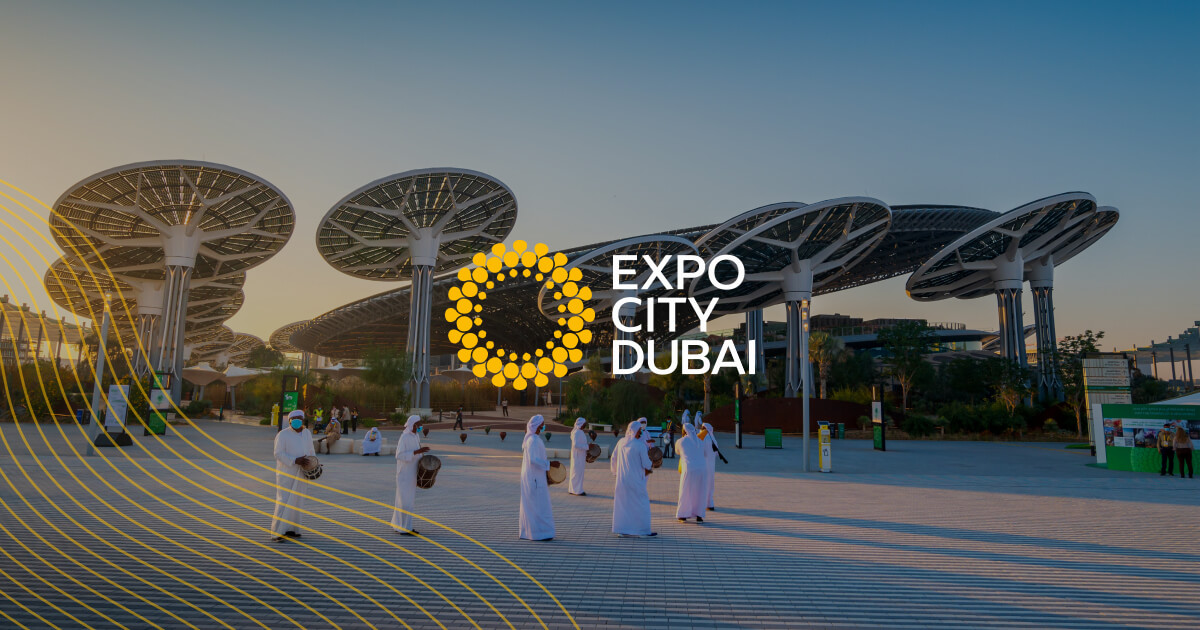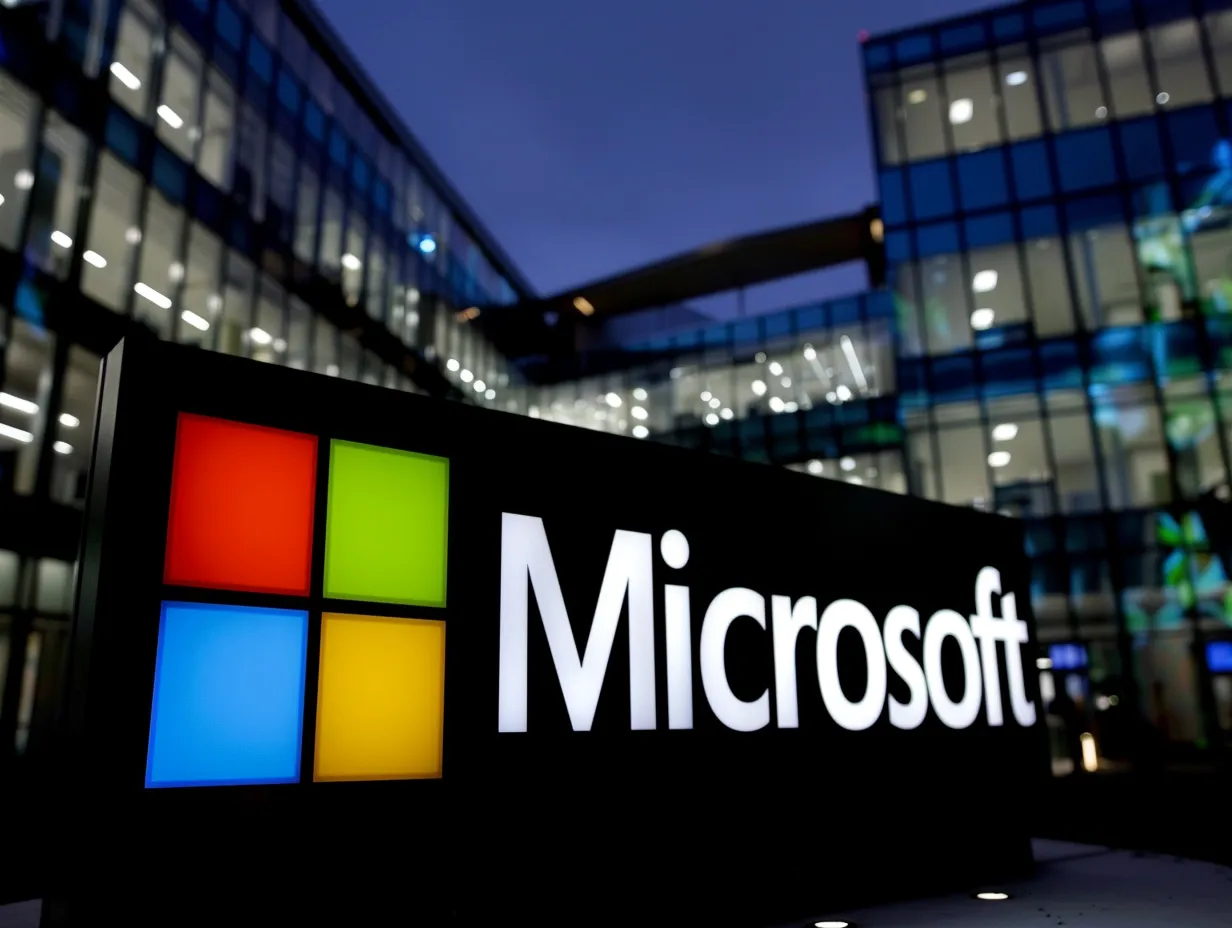Residential towers, hotels, exhibitions, sustainability initiatives define its bold vision
Expo City Dubai, the legacy site of Expo 2020, is entering an ambitious new phase of growth, evolving from a world-class event destination into a thriving, multi-use urban hub.
Speaking to media at the Dubai Pavilion during the World Travel Market 2025 in London, Sholto Dougals-Home, Chief Sales and Marcomms Officer at Expo City Dubai, outlined the plans that blend residential living, commercial development, entertainment, sports, and sustainability.
“From the moment I joined earlier this year, I realised how Dubai Tourism, alongside Emirates Airline, had our backs during Expo 2020. That support propelled us into creating a city that will live long after the Expo, fulfilling the original vision of legacy, longevity, and sustainability that was always part of the project,” Dougals-Home said.
From Expo 2020 to Expo City Dubai
Expo City Dubai was born from the legacy vision of Expo 2020, initially planned as ‘District 2020.’ The project was always intended to transition into a permanent hub for living, working, and playing. Following the closure of the six-month global event, the site retained its iconic pavilions, attractions, and infrastructure, now being adapted into offices, residences, and public spaces.
The city’s name reflects its global brand authority, while major construction projects have transformed the site into a vibrant real estate and business hub. Iconic attractions such as the Vision Pavilion, Terra Pavilion, and Alif Pavilion remain central to the city’s cultural and tourism offerings.
Live, work, and play
Expo City Dubai’s development strategy revolves around three pillars:
- Residential: Tower blocks, town houses, and villas in the scenic “Expo Valley” will offer modern, sustainable living. Residents are expected to start moving in from next summer, with properties designed to cater both to long-term residents and short-term stays during major events.
- Business: Approximately 3,500 to 4,000 people currently work at Expo City, with office spaces converted from former Expo pavilions. The city aims to attract international companies and integrate closely with Dubai’s wider economic ecosystem.
- Play & leisure: The city will host sporting events, including cycling and running competitions, while future plans include a full-scale sporting arena. The Dubai Exhibition Center, managed by Dubai World Trade Centre, is expanding from 45,000 square meters to 122,000 square meters in 2026, reaching 150,000 square meters by 2027.
Hotels and hospitality
Expo City’s expansion anticipates significant demand for hotel accommodation, particularly during exhibitions and international events. While individual hotel projects are being developed by private investors, the city’s residential towers will also provide additional short-term accommodation, supporting Expo City’s positioning as a major events and tourism destination.
Green district
In a pioneering move, Expo City Dubai has been designated the UAE’s first Green Innovation District, establishing the city as a test bed for sustainable and innovative solutions. This designation builds on Expo 2020s environmental initiatives and reinforces the city’s commitment to a green, future-focused economy.
Dougals-Home emphasised the importance of Expo City Dubai in the wider Dubai narrative. “We see ourselves as more than just a legacy of Expo 2020. Expo City is a new urban Centre in Dubai, supporting tourism, MICE [Meetings, Incentives, Conferences, Exhibitions], business, and sustainability. Our partnership with Dubai Tourism remains critical in positioning Expo City as a flagship example of how Dubai delivers world-class experiences while building a sustainable future.”
With residential, commercial, and leisure developments advancing rapidly, he said that Expo City Dubai is poised to become one of the emirate’s most dynamic destinations. The city will combine world-class exhibition spaces, thriving communities, iconic attractions, and a focus on innovation and sustainability, creating a blueprint for urban development that blends legacy with modernity.
Key highlights
- Residential developments: Tower blocks, town houses, and villas in “Expo Valley” will welcome residents from next summer. Properties cater to long-term living and short-term stays during major events.
- Business & offices: 3,500—4,000 people currently work at Expo City. Former pavilions are being converted into office spaces, attracting global companies.
- Exhibition & conference spaces: Dubai Exhibition Center will expand from 45,000 m² to 122,000 m² in 2026, reaching 150,000 m² by 2027. Key events include Gulf Food, Arab Health, and Gitex.
- Hotels & hospitality: New hotels will be developed to support exhibitions and conferences; residential towers also provide short-term accommodation.
- Sports & leisure: The city hosts cycling and running events, with plans for a future sporting arena. Iconic attractions like the Vision Pavilion, Terra Pavilion, and Alif Pavilion remain open to visitors.
- Sustainability: Expo City is the UAE’s first Green Innovation District, fostering sustainable solutions and building on Expo 2020s legacy.




